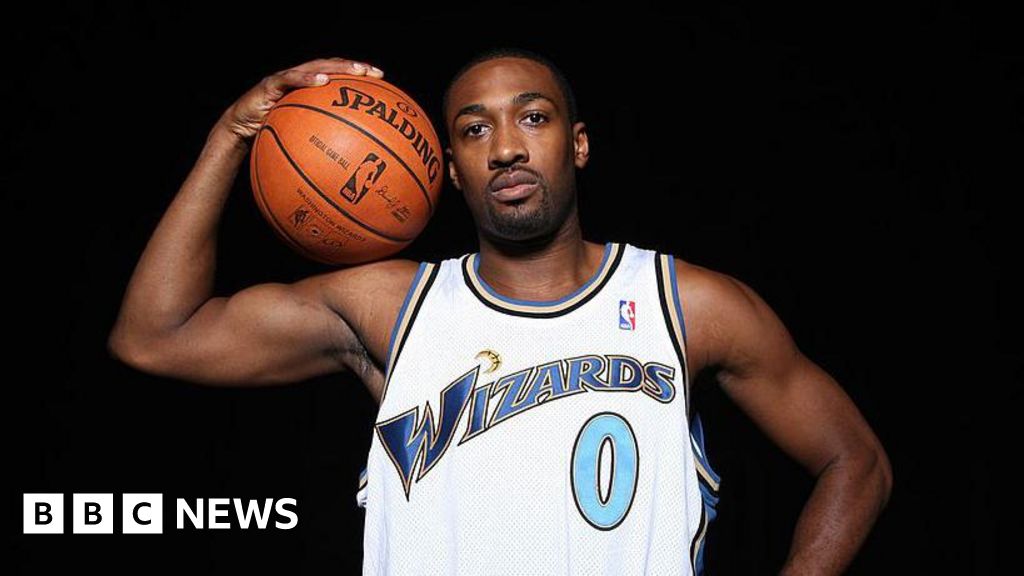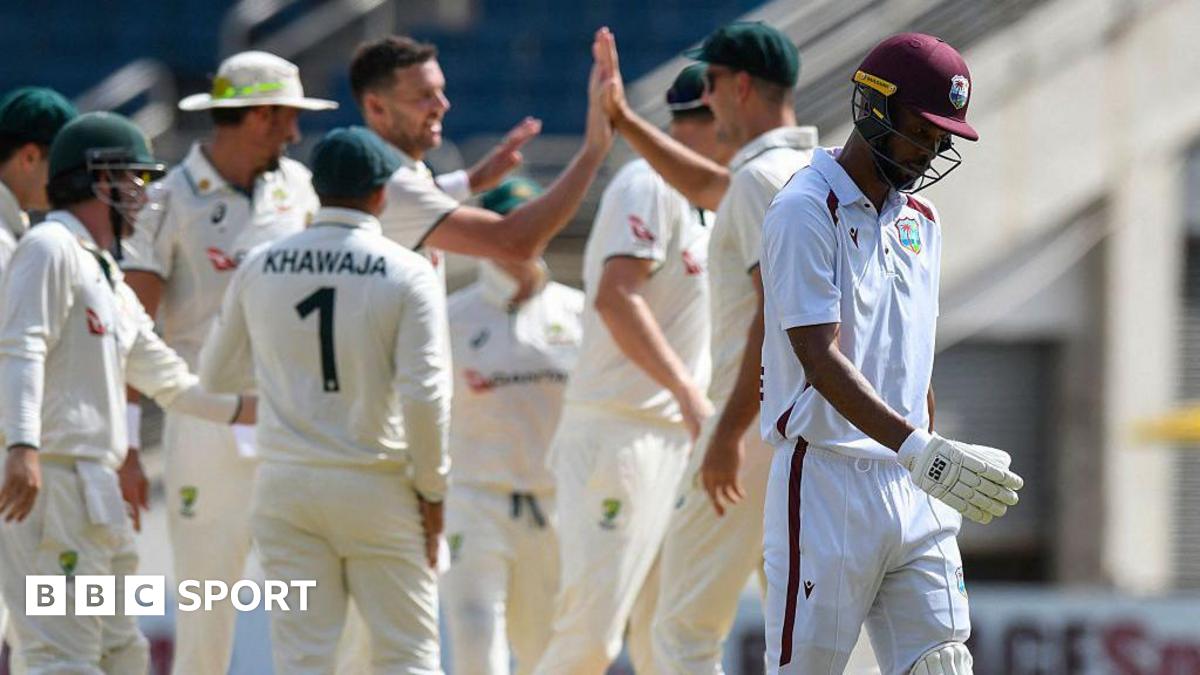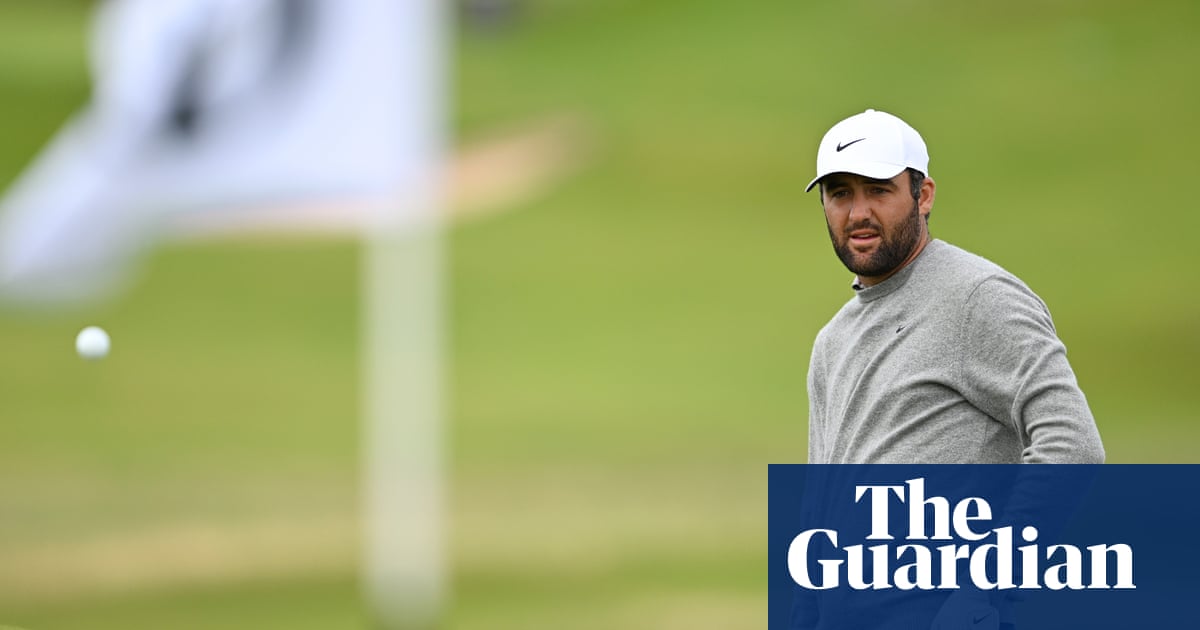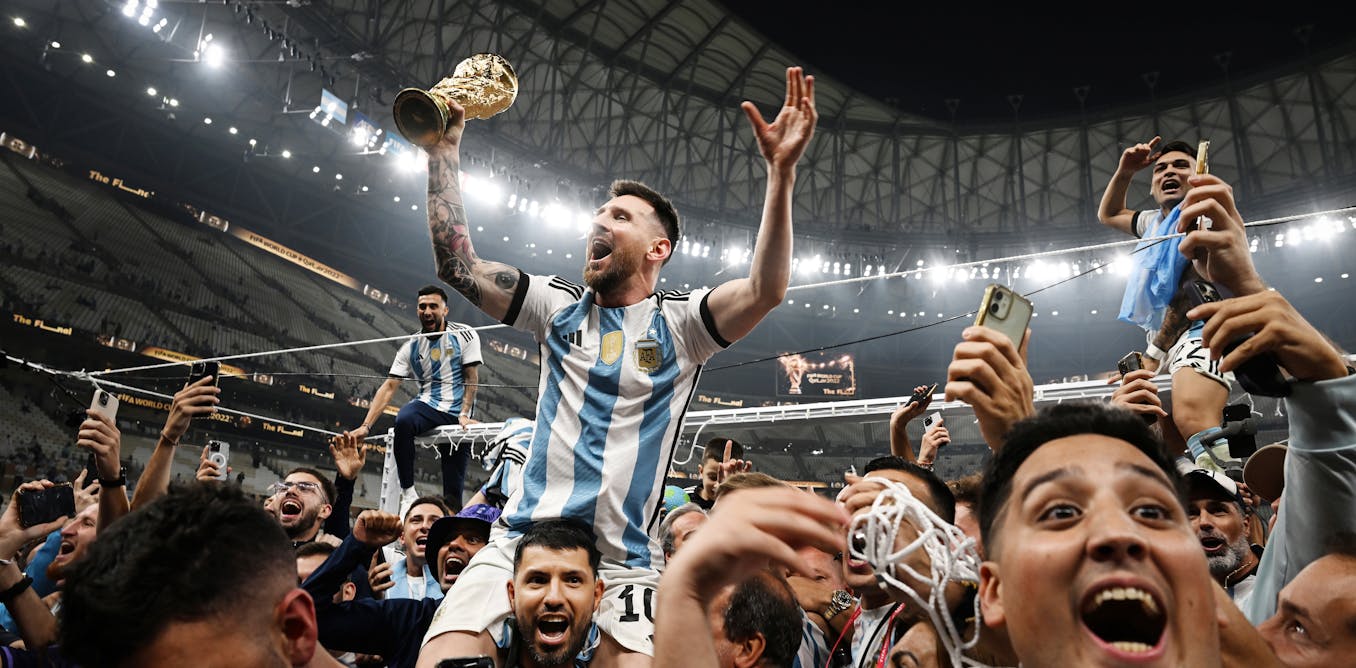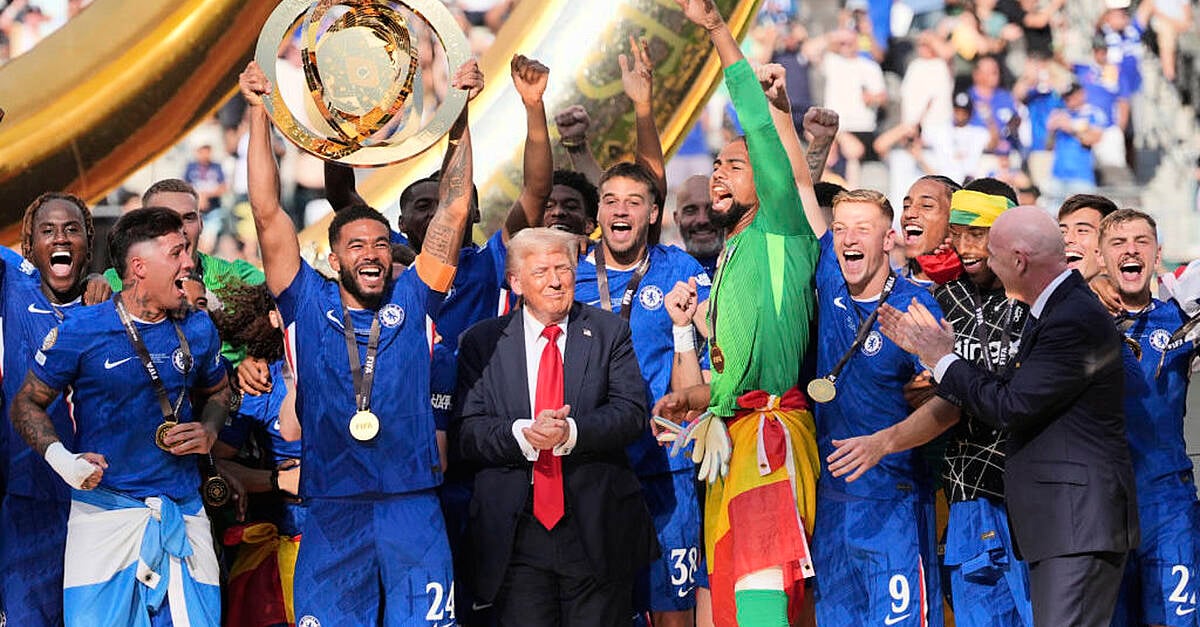World Boxing Introduces Mandatory Genetic Testing for Boxers Amid Controversy
In a significant and controversial move, World Boxing has announced the introduction of mandatory genetic testing for all boxers participating in its competitions. This decision comes in the wake of increasing scrutiny around gender eligibility in sports, particularly following the success of Paris Olympics gold medallist Imane Khelif. The new policy explicitly states that Khelif will not be permitted to compete in any World Boxing events until she successfully undergoes a genetic sex screening, raising concerns and questions among athletes and fans alike.
The governing body emphasized that this policy aims to ensure a competitive level playing field for both male and female athletes. In a formal statement, World Boxing remarked, “Imane Khelif may not participate in the female category at any World Boxing event until she undergoes genetic sex screening in accordance with World Boxing's rules and testing procedures.” This decision comes as part of a broader initiative titled 'Sex, Age and Weight', designed to protect the safety of all participants and enhance fairness in the sport.
The timing of this announcement is particularly poignant, as it follows less than a year after both Khelif and Taiwan's Lin Yu-ting clinched gold medals at the Paris Olympics amidst a contentious gender-eligibility debate. World Boxing has notified the Algerian Boxing Federation that Khelif would be barred from competing at the upcoming Eindhoven Box Cup, scheduled for June 5-10, until she meets the new testing requirements.
Imane Khelif, who made headlines as the women’s welterweight Olympic champion, has yet to publicly respond to this recent development. The Algerian Boxing Federation, which joined World Boxing in September 2023, has also remained silent on the matter. This federation is one among over 100 national federations that have come together under the World Boxing umbrella since its formation, indicating a growing interest and participation in the sport.
Typically, amendments to competition regulations would be deliberated during the World Boxing Congress; however, this new policy was adopted by the executive board, which retains the authority to make urgent amendments in “special or emergency circumstances.” World Boxing asserted that the introduction of these new eligibility rules was crafted specifically to safeguard athletes in combat sports, especially given the inherent physical risks associated with Olympic-style boxing.
Under the new regulations, all athletes over the age of 18 will be required to undergo a PCR (polymerase chain reaction) genetic test. This testing can be conducted through various methods, including nasal or mouth swabs, saliva, or blood samples. According to World Boxing, "The PCR test is a laboratory technique used to detect specific genetic material, in this case, the SRY gene, that reveals the presence of the Y chromosome, which is an indicator of biological sex."
World Boxing further clarified that athletes identified as male at birth, as indicated by the presence of the Y chromosome, or those with a difference of sexual development (DSD) that involves male androgenization, will be eligible to compete in the male category. Conversely, athletes identified as female at birth, or with a DSD that does not involve male androgenization, will compete in the female category.
The backdrop to this situation involves a broader national conversation about gender and sports. In February, former US President Donald Trump enacted an executive order that banned transgender athletes from participating in women's sports, a move that has ignited passionate discussions across the sporting community. Khelif, who has publicly stated her determination to defend her title at the 2028 Los Angeles Games, has made it clear that she does not identify as transgender and has expressed her intent to challenge any perceived intimidation stemming from these legislative actions.
Compounding the controversy, Khelif faced disqualification from the 2023 world championships by the International Boxing Association (IBA) after a test revealed her ineligibility to compete as a woman based on gender. Despite the IBA losing its Olympic recognition due to governance issues, the International Olympic Committee subsequently cleared Khelif to compete at the Paris Olympics, allowing her to reclaim her position on the world stage.
As the conversation surrounding gender and fairness in sports continues to evolve, the implications of World Boxing’s new policy will undoubtedly be a focal point of discussion among athletes, officials, and fans leading up to future events.












